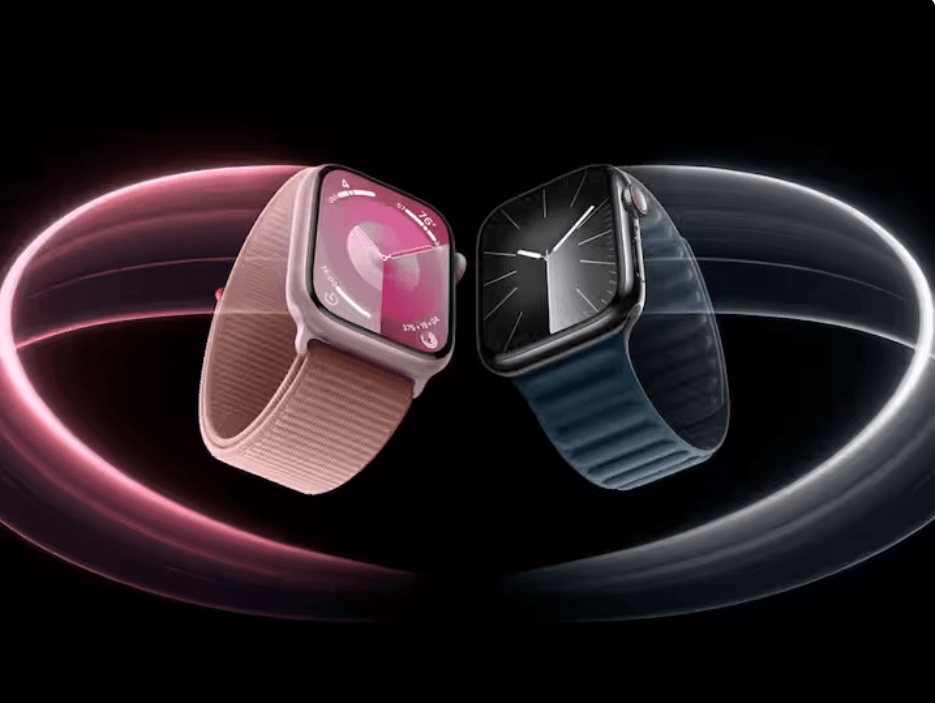Apple can resume sales of its popular Apple Watch devices in the U.S. after an appeals court temporarily halted an import ban imposed over a patent dispute with medical device maker Masimo.

The U.S. Court of Appeals for the Federal Circuit granted Apple’s emergency request to pause the ban enacted by the U.S. International Trade Commission (ITC). The ITC had barred Apple from importing Apple Watches equipped with pulse oximeter technology that can read blood oxygen levels.
The ban stemmed from a complaint by Masimo alleging Apple stole its proprietary technology. Masimo said Apple infringed on patents related to non-invasive patient monitoring by incorporating similar features into the Apple Watch Series 6 and later models.
Impacted Apple Watch models disappeared from Apple’s website and stores after the December 13 ITC ruling went into effect. But Apple can now sell those devices again during the appeals process.
“We thank the Federal Circuit for granting our request and allowing our customers to continue to access Apple Watch,” Apple said in a statement. The company immediately made the Series 8 available for sale again.
The high-stakes patent fight could cost either tech giant millions in lost sales. A final ruling may also force Apple to alter the smartwatch’s biometrics functionality. But beyond financial implications, an embargo risks damaging Apple’s reputation for innovation.
Masimo shares dropped nearly 5% on news of the stay. Apple’s stock price remained largely unaffected. The appeals court gave the ITC until January 10 to respond before issuing a longer-term decision on Apple’s request.
The tech rivals have lodged competing patent violation claims over smartwatch technology. While Apple alleges Masimo’s litigation aims to clear the way for a competing smartwatch, Masimo contends Apple poached employees and stole trade secrets.
The reprieve buys Apple time as the appeals process continues. But with billions in smartwatch sales at stake, Apple is already weighing contingency plans should the ban be reinstated. Even a brief hiatus could impact its dominance in the growing wearables market.
